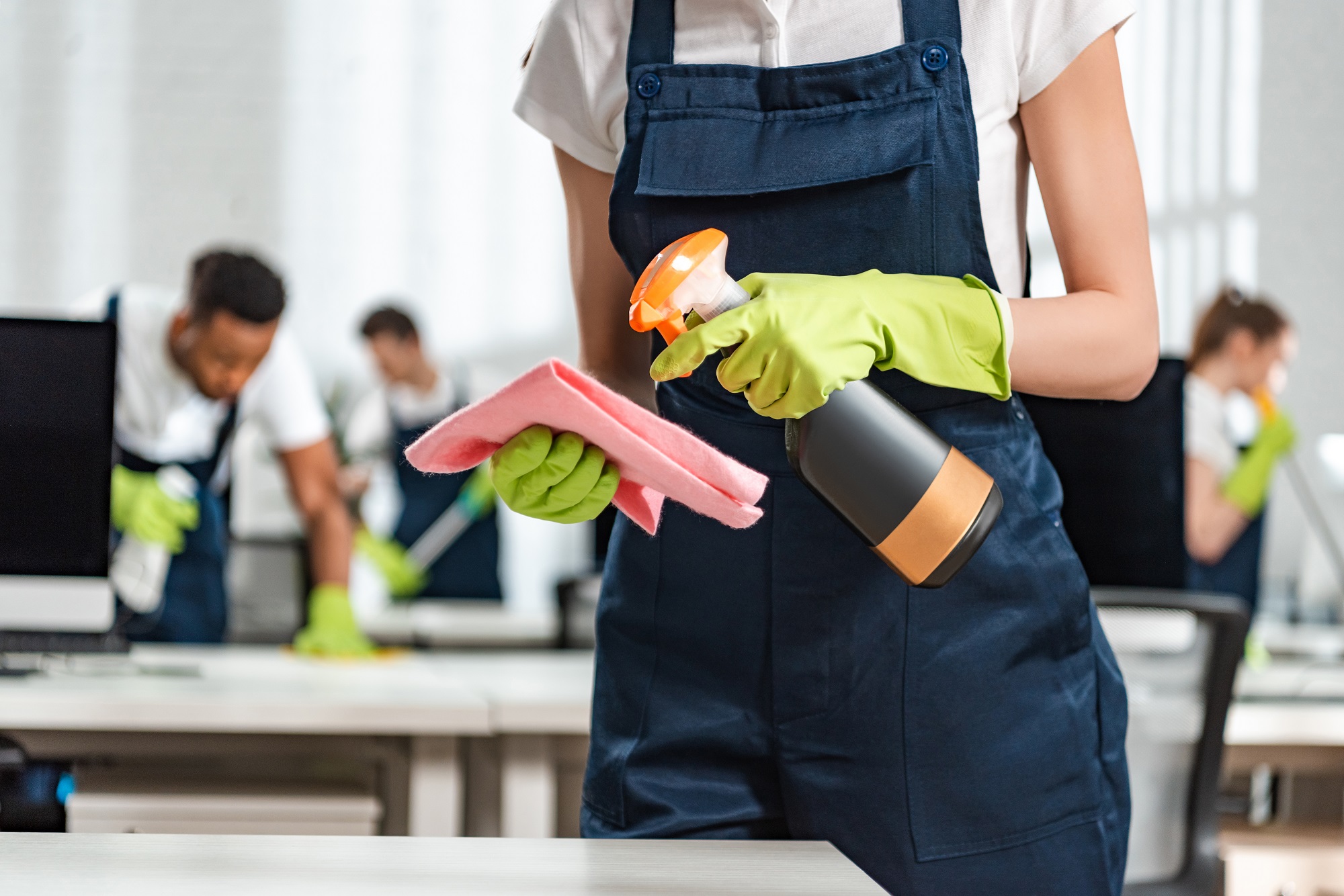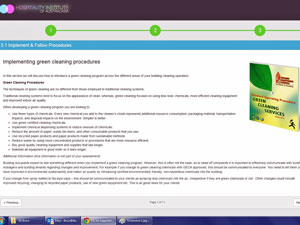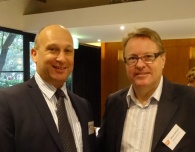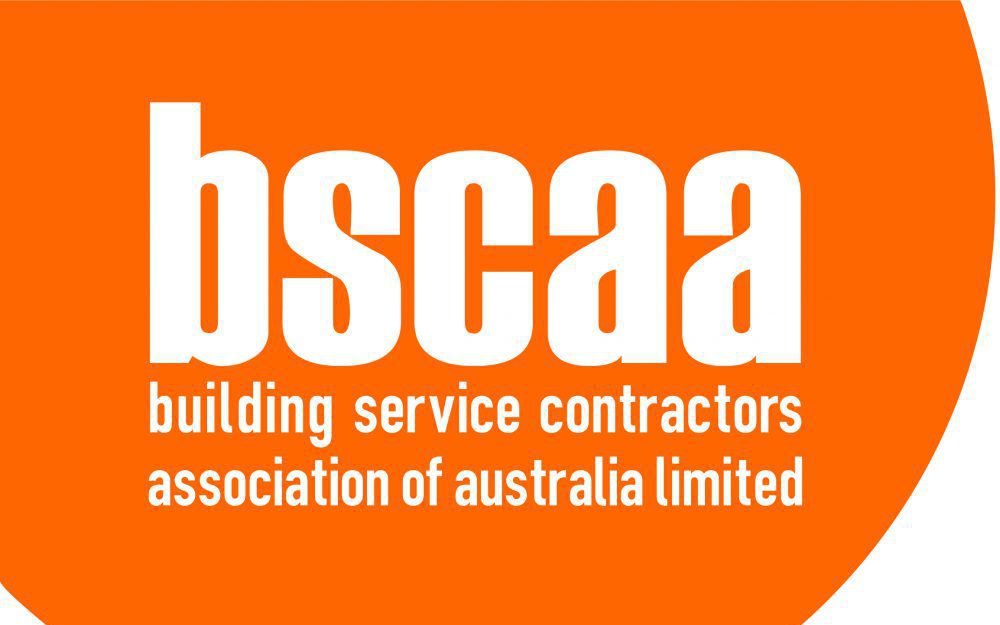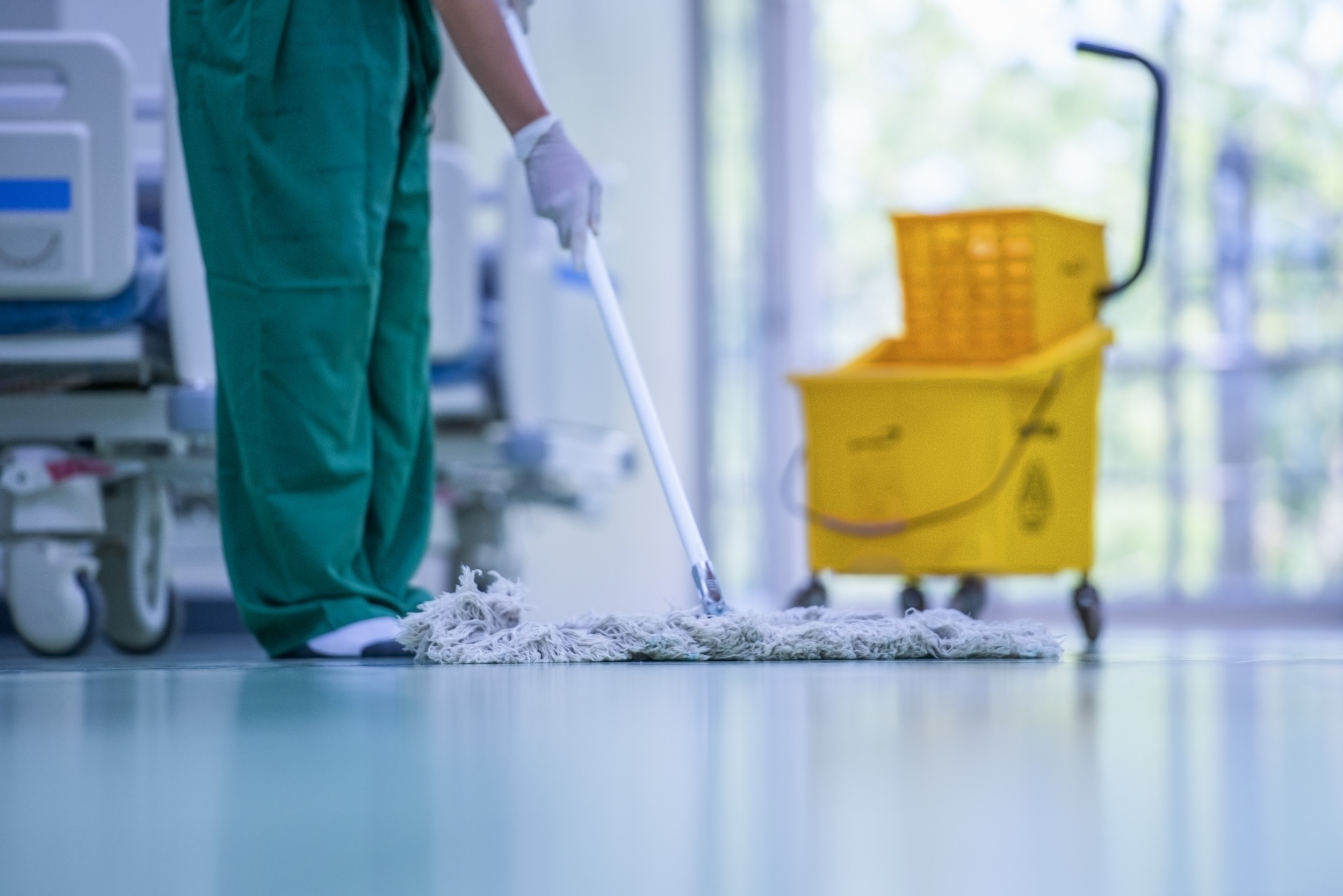
The Building Service Contractors Association of Australia (BSCAA) has launched an online petition, calling for an extension of working hours for international students in the cleaning industry.
The launch of the online campaign follows the Federal Government’s announcement it will remove existing work hour caps for student visa holders employed in hospitality, aged care, tourism, and for NDIS providers. A 40-hour fortnightly limit previously applied during study periods.
Student visa holders comprise a large part of the cleaning industry workforce, however, it is understood workers are now walking away from cleaning employment, where they are regulated to only 20 hours per week, in favour of working in tourism and hospitality.
The cleaning industry in Australia is one of the largest employers of students, who make up at least 30 per cent of workers – even higher in regional areas. It comprises more than 32,000 businesses who employs more than 150,000 people.
The BSCAA is urging workers in the cleaning industry to sign the petition to extend hours to be the same as the tourism and hospitality sectors in order to retain staff.
“The visa extension being only in the hospitality and tourism has an effect on our industry as international students are leaving employment in the cleaning industry to seek work that offers the ability to earn more income with more hours,” the BSCAA stated.
“The cleaning industry will be dramatically affected by a shortage of people to perform cleaning services. If we don’t address this issue now, it will become a major problem that will impact businesses and the community.”
According to the industry body, the pool of eligible international students has also reduced dramatically due to the reduction of international students entering Australia for study purposes.
“International students were among the worst affected financially at the start of the pandemic, extended working hours will assist them to support themselves and their families in a more secure industry,” the campaign states.
“By increasing the hours of international students in the cleaning industry, it enables the cleaning industry to continue their valuable service to the community and the public sector by maintaining a COVID safe environment.”
Company leaders warn of exodus in cleaning staff
Lisa Macqueen, CEO of Cleancorp, said the changes will leave the hotel industry and offices vulnerable to COVID outbreaks, as students leave the cleaning industry in search of uncapped hours elsewhere so they can earn considerably more.
“The knock-on effect will impact international hotels around Australia, the majority of which are cleaned by independent cleaning companies, as well as offices, which are beginning to fill with employees.
“Airports and community areas will also see the impact. It is an extremely busy time for the cleaning industry while we are struggling to find workers.”
Macqueen said the shortage is already being felt. To date, Cleancorp has lost 20 per cent of its workers to other sectors.
“This visa rule change has seen students migrate to other critical industries, as this makes more financial sense to them. Health care, agriculture and aged care are considered as industries employing frontline workers,” Macqueen said.
“During the pandemic, cleaners were also categorised as frontline workers, but now we have been ushered to the back of the line. The cleaning industry must be seen as a critical industry and included in the changes.”
Quayclean Australia CEO Mark Piwkowski has also formally expressed his concerns in letters to the Prime Minister, Scott Morrison, Alex Hawke, Minister for Immigration, Citizenship, Migrant Services and Multicultural Affairs, and Karen Andrews, Minister for Home Affairs.
Piwkowski said student visa holders comprise a large part of the cleaning industry workforce, but they are now walking away from cleaning employment, where they are regulated to only 20 hours per week, in favour of working in tourism and hospitality.
“60 per cent of our employees are student visa holders who have indicated that their new-found ability to work 80 hours per fortnight in the tourism and hospitality sector means they need to consider their options,” said Piwkowski.
“Employees have resigned and accepted work that allows them to take advantage of the additional working hours and it may prove difficult to entice these workers back to the cleaning industry after the student working visa hours limit in the tourism and hospitality sector is reinstated.
“While the relaxation of the working hours limit might be temporary, we are concerned that the effect on our industry’s workforce will be far more enduring,” said Piwkowski.
“We believe the government should prevent further damage to the cleaning industry by allowing our student workers the same rights as those in the tourism and hospitality sectors. Indeed, without a strong cleaning industry providing preventative hygiene services, the tourism and hospitality sector cannot thrive,” he said.
“The COVID-19 pandemic has highlighted the critical importance of cleaning services to all aspects of public life. We cannot afford for this industry to be deprived of the dedicated, hardworking staff that have served the Australian public so well over the past 15 months,” he added.
Comment below to have your say on this story.
If you have a news story or tip-off, get in touch at info@3.106.117.80.
Sign up to INCLEAN’s newsletter.
